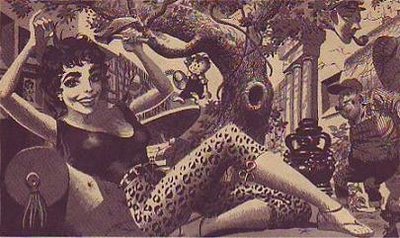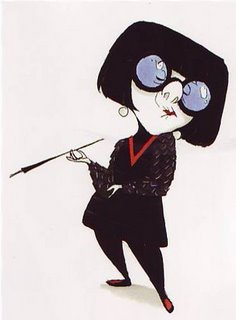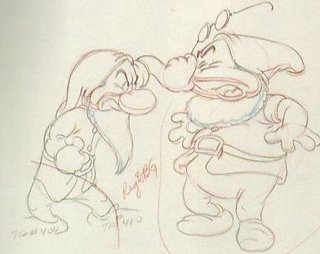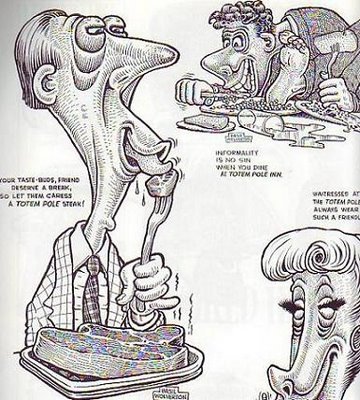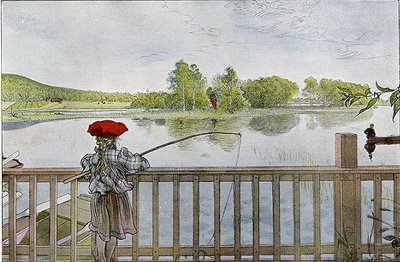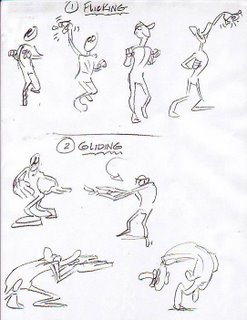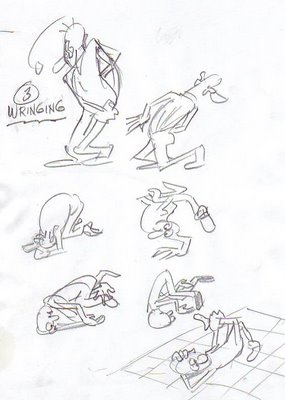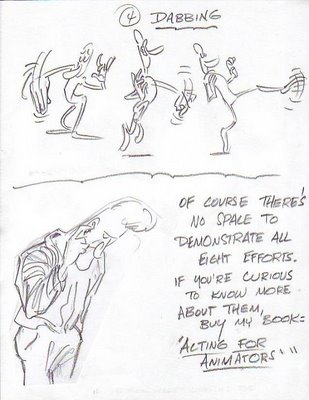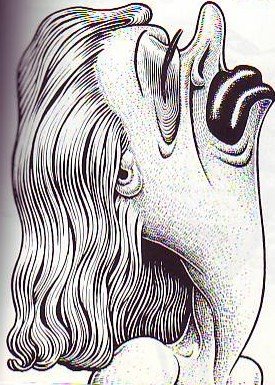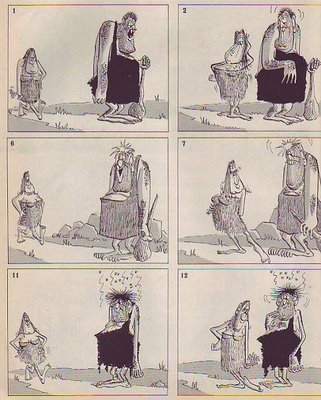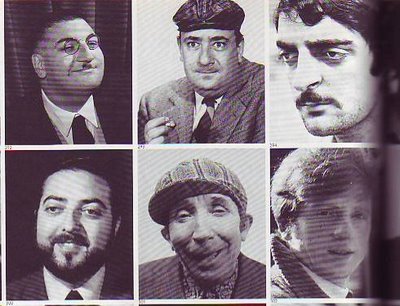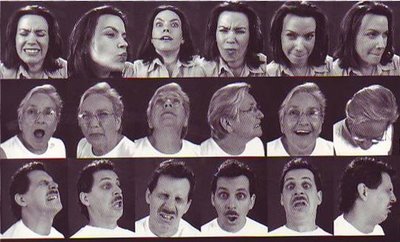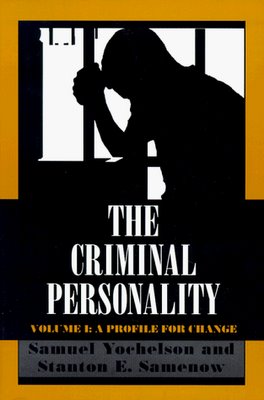
I thought I'd take some time out to explain why I like one of the books in my profile. I picked this one because it's the title most likely to be misunderstood. I'm not really interested in criminology per se. What I like about this book is that it's a work of practical philosophy.
The author, Stanton Samenow, is a prison psychologist. When he wrote the book he'd been working with prisoners for over twenty years. He definitely believes there's such a thing as a criminal type, someone who likes the excitement of crime and would rather die than lead a normal life. This condition is generally regarded as incurable but that's not how Samenow sees it. He came up with a therapy for it.

According to Samenow (above) the natural criminal doesn't reject the way ordinary people think, his problem is that he can't even imagine it. Not in the least. The natural criminal is a manipulator. He can't imagine any other way of thinking. He believes everybody else are manipulators too, he's just better at it. The first time you tell him him that ordinary people are not manipulators he's genuinely shocked because he's never even considered the possibility. He thinks you're putting him on.
Therapy for this type of person consists of asking him to keep a detailed record of everything he said and did with other prisoners, with an emphasis on the small things. The therapist listens to the criminal read the record and he stops the reading whenever some oddball manipulation comes up.
For example, the criminal says he asked another prisoner for a cigarette. The therapist stops him and asks if the criminal really needed the cigarette. The criminal matter-of-factly says he didn't but it was an opportunity to mess with the other guy's mind. The therapist replies that an ordinary person wouldn't ask for the cigarette unless he really wanted it. The criminal is dumbfounded and doesn't believe it. They talk about it for awhile then go on.
The criminal says he asked for a light and held the other guys arm steady when he held the match. The therapist asks why he held the arm and the criminal says it was to show the other guy who's boss. The therapist says ordinary people wouldn't have held the arm unless the light was in danger of going out. Once again the criminal is dumbfounded. It goes on like that. Over a period of two or three years the criminal gradually learns how ordinary people think. He has to learn it, just like learning a subject in school, and when he's learned it his behavior changes because people naturally adapt to new enviornments once they comprehend them.
Now I haven't the slightest idea if this if this therapy really works. What interested me about it is that it made me wonder if some people, including fairly ordinary and intelligent people, might think so differently than myself that we almost inhabit different worlds. When someone vigorously disagrees with me but seems to have a weak argument, we might be at an impasse based on completely different assumptions about life. These assumptions are often hard to articulate and the person holding them might not even be aware of them. The same goes for me.
After reading this book I decided to make an effort to get over these impasses by arguing to what I assume are the unspoken assumptions. I also decided to assume the other person was as rational as myself and had no secret animosity or evil intent in their make-up. I've been doing this to some extent ever since I read this book and I think it's worked, or at least it works half the time, which is a lot. Of course there are genuinely crazy and evil people and this technique won't work with them, but most people aren't like that.
 Here's my memory of what men wore in the mid-80s(above): Dr. Martin's high top shoes, spandex bicycle racing pants, fanny pack, and a buccaneer shirt with puffy sleeves and collar wide enough for a second head, if needed. An Elvis Costello, close-on-the-sides haircut, of course. I left the shirt label out which was something guys did later on in the 90s but it looks so good with this outfit that I threw it in anyway.
Here's my memory of what men wore in the mid-80s(above): Dr. Martin's high top shoes, spandex bicycle racing pants, fanny pack, and a buccaneer shirt with puffy sleeves and collar wide enough for a second head, if needed. An Elvis Costello, close-on-the-sides haircut, of course. I left the shirt label out which was something guys did later on in the 90s but it looks so good with this outfit that I threw it in anyway. 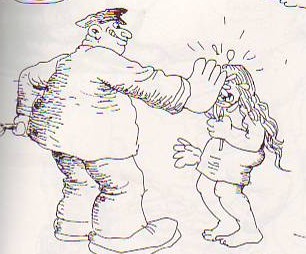 I know what you're thinking : plenty of underground comics and animated TV shows are recording our time, but are they? The kind of drawings I have in mind are done by artists who can see our time as campy and ridiculous, the way people in the future will undoubtedly see it. What we need are artists from the year 2040, fresh out of the time machine. For me Crumb and Wood fit that description. Both of these artists knew they were living in funny times and they took full advantage of it.
I know what you're thinking : plenty of underground comics and animated TV shows are recording our time, but are they? The kind of drawings I have in mind are done by artists who can see our time as campy and ridiculous, the way people in the future will undoubtedly see it. What we need are artists from the year 2040, fresh out of the time machine. For me Crumb and Wood fit that description. Both of these artists knew they were living in funny times and they took full advantage of it.